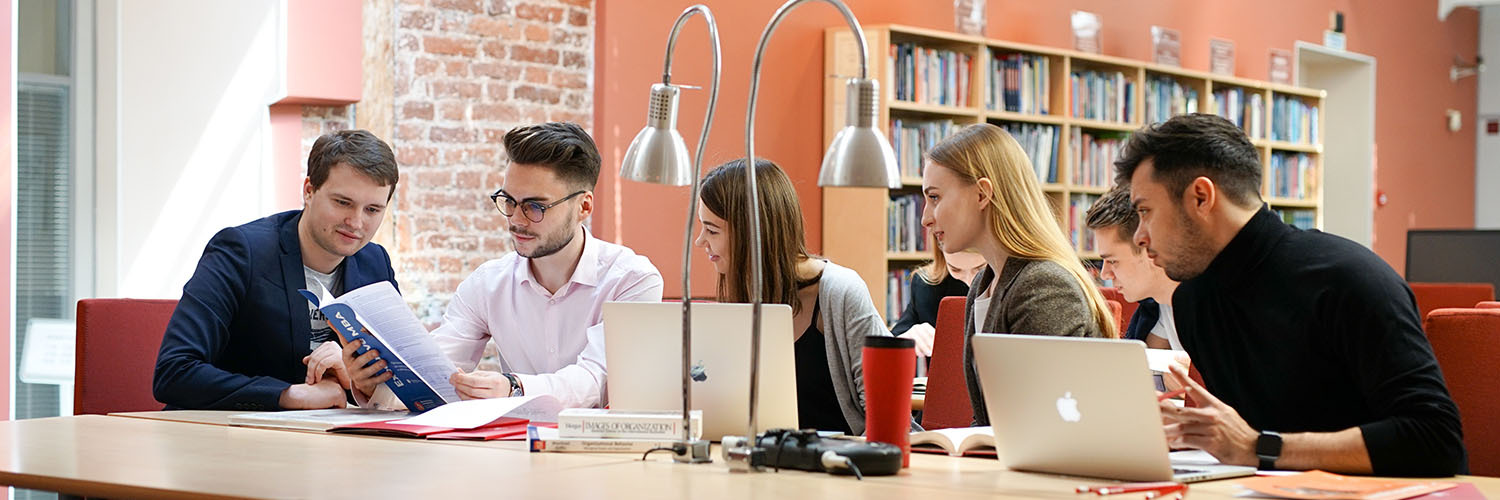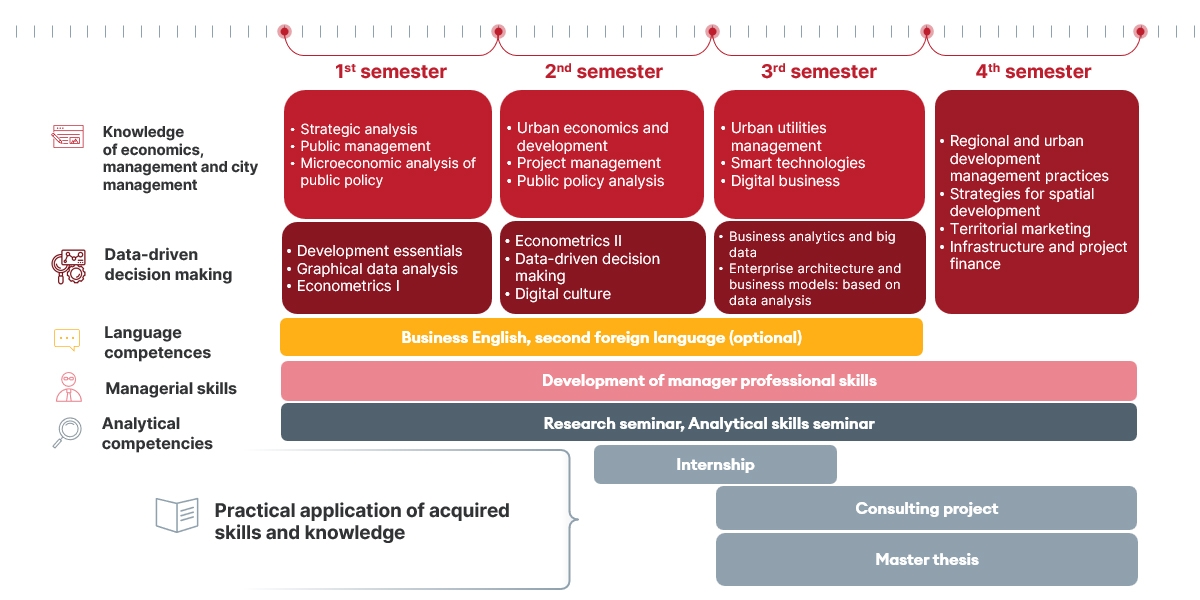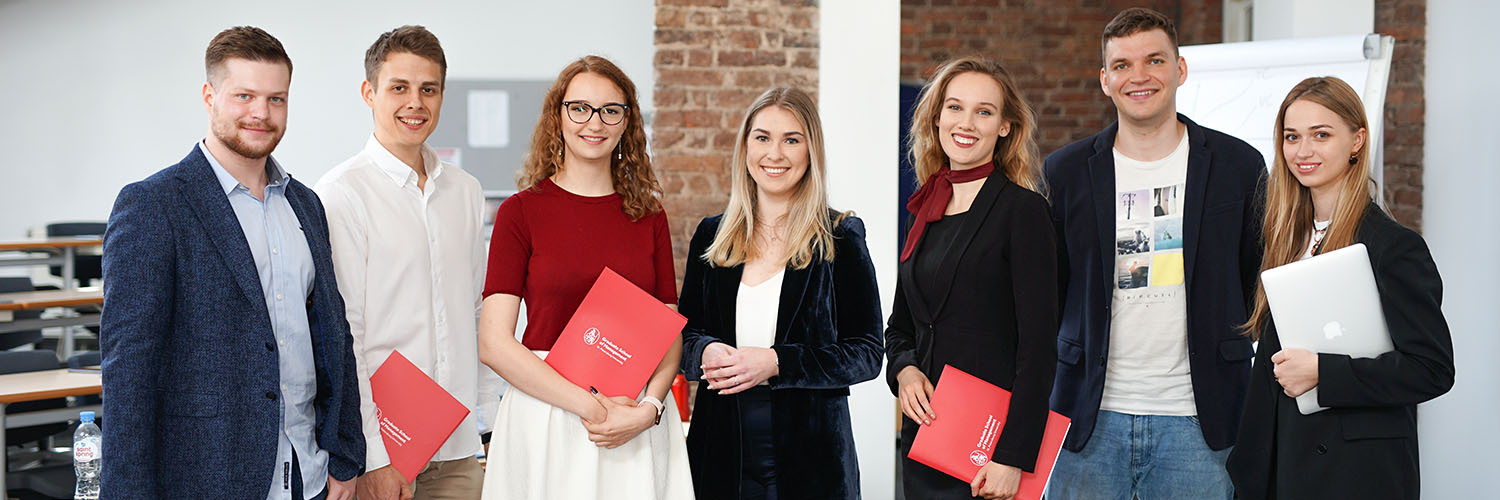With the rapid development and strengthening of new public management concept in Russia both public and private sector increase the demand for highly qualified specialists in the field of public management, which possess a unique set of competencies and management skills to address the strategic objectives of regional and urban development.
The GSOM SPbU Master in Smart City Management program is focused on the preparation:
Mission:
The mission of the program lies in preparing highly qualified professionals able to apply effectively analytical, research and leadership qualities, as well as unique knowledge to solve problems and improve competitiveness of regions and cities of Russian Federation, based on modern principles and best practices in public management.

1
Unique content of the program
The content of the program is based on international experience in the development of educational programs in the field of urban and regional development, as well as taking into account professional standards and the views of employers on the correlation of the competencies of graduates and labor functions in the field of professional activity.
Students are offered courses that allow to form a systematic approach to the choice of directions and methods of development of cities and regions. The curriculum includes both instrumental disciplines (for example, Instrumental Methods for Regional and Municipal Policy Assessment, Public-Private Partnerships, Regulatory Impact Assessment, etc.) and disciplines that widely use the case method in the educational process (for example , “Strategic Planning and Management of State Programs”., “Urban Economics and Development”, “Smart Cities”, etc.).
The academic plan of the program covers 4 semesters and includes compulsory and elective courses, series of professional skills trainings, research seminars, summer internship, consulting project, writing a master's thesis. The majority of courses are taught in English. There are some compulsory courses that are taught in Russian.

The curriculum of the first semester of study includes adaptive courses in statistics, microeconomics, and finance for students who have not previously studied these disciplines.
A mandatory element of the curriculum is a research seminar on the preparation of a master's thesis, which takes place throughout the entire period of study, starting from the 1st semester.
The curriculum of the program includes the compulsory course "Professional Managerial Skills", aimed at developing practical management and communication skills of students. The training plan includes training in the ability to make presentations and work in a team, developing business correspondence and negotiation skills, and developing communication and social skills.
One of the essential elements of the curriculum is the implementation of a consultation project. Students, united in teams of 3-4 people, carry out a project to solve the urgent problem facing a specific territory. The initiator of the problem may be the regional or city administration, an analytical center or a consulting agency. Work in groups is carried out under the guidance of a mentor from among the teachers of the GSOM SPbU.
Special attention is paid to the preparation and defense of a master's thesis. The master's thesis is project-oriented (for example, it can be devoted to the analysis of a specific problem of the territory and the development of recommendations for its solution for the authorities, or include justification for the implementation of a public-private partnership project for the development of urban infrastructure). Control of all stages of work on the dissertation is carried out in the framework of a research seminar, which is designed to help students with the choice of topics and research methods. Students write and defend their thesis in English, which forms their readiness to participate in international projects focused on territorial development in the future.
After the first year of study, each student undergoes compulsory practical internship in regional administrations, analytical centers or in departments of commercial organizations working in the field of relations between business and the state. In this part of the program, students learn to put into practice the acquired knowledge and practical skills through integration into the direct work of organizations and authorities responsible for the strategic development of territories. The internship lasts at least 6 weeks.
Studying a second foreign language, in addition to English, is part of the curriculum and a mandatory requirement for all students. Each student is invited to study one of the following languages - French, German, Spanish - for three semesters (for foreign students there is also the opportunity to study Russian as a foreign language).
Graduates of the program “Master in Smart City Management” work at leading Russian and international companies, in government organizations (for example, regional administrations, analytical centers). Graduates have the opportunity to pursue a successful academic career in Russia or abroad.

DON'T MISS OUT ON IMPORTANT GSOM NEWS!
При использовании данного сайта Вы подтверждаете свое согласие на использование ВШМ СПбГУ cookie файлов. С подробной информацией Вы можете ознакомиться, перейдя по ссылке.